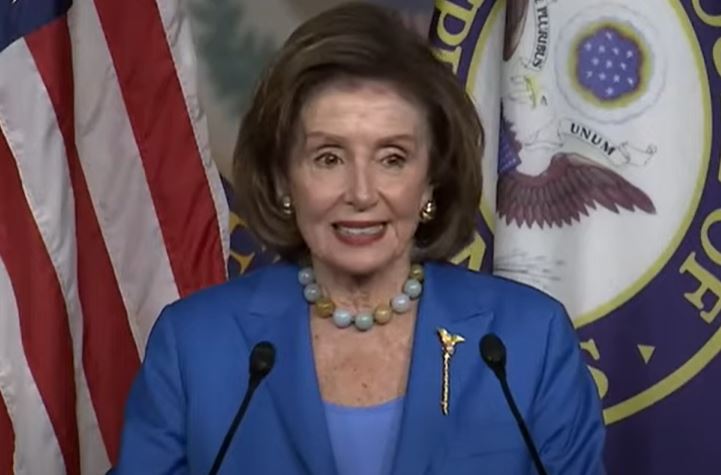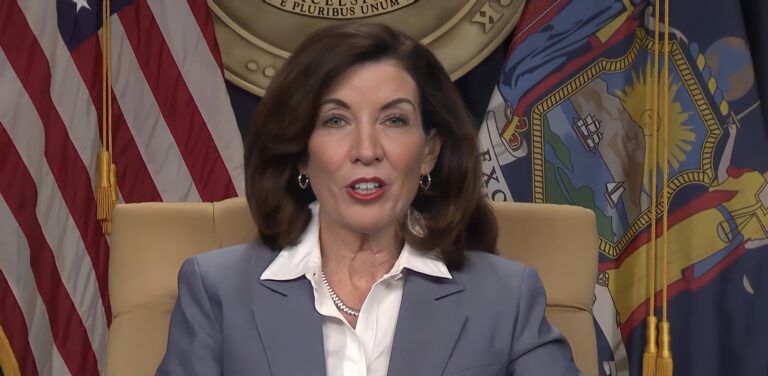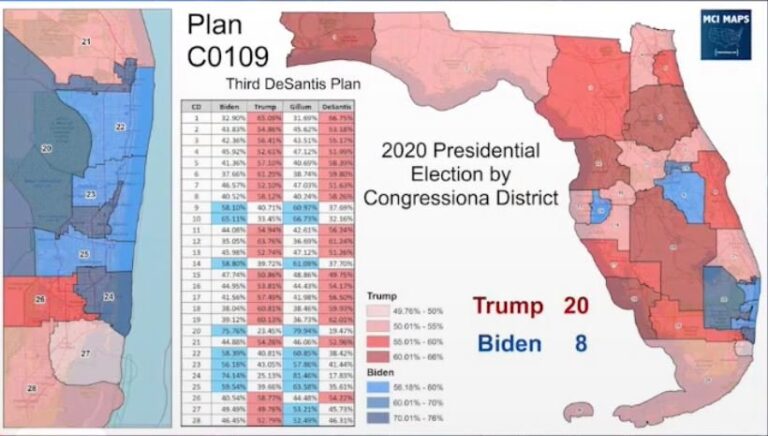America’s Students Deserve A History And Civics Education Free Of Political Agendas
By Jordan Adams for RealClearPublicAffairs
Across the political spectrum, Americans are recognizing the importance not just of school choice but of what students actually learn in schools. Elected representatives have finally taken notice as well. In Michigan, the state legislature has proposed two bills that seek to address how American history and civics are taught.
Unfortunately, some want teachers to tell students that they should understand American history primarily by looking for racism, injustice, and oppression. The phrase “critical race theory” (CRT) has been used mainly in academia to describe this filter on history and civic instruction.
This pedagogical method, however, is inaccurate and myopic. Such a view can lead to acts of outright racism and vengeance in order to correct the real or perceived injustices of the past. In this view, two wrongs do make a right.
Objecting to critical race theory in education marks a significant moment. Policymakers who stand in the face of what amounts to disingenuous and racist teaching are showing spiritedness and courage. As millions of American parents have expressed, these policymakers are worthy of commendation.
But merely opposing something is not enough, not for the educations of millions of students and especially not for political support. One must offer an alternative – one that is appealing because it is true and good.
So what should K-12 American students learn about their country?
RELATED: Mom Blasts Critical Race Theory And Gets Cheered For Calling For ‘Mass Exodus’ From Public Schools
First, the answer should not be to swing to the other extreme, teaching a hagiographic account of American history that hides all the nation’s blemishes. Thankfully, this is an error the bills in the Michigan legislature thus far prudently avoid.
Support Conservative Voices!
Sign up to receive the latest political news, insight, and commentary delivered directly to your inbox.
Of course, if time and resources were endless, students would learn every detailed truth about their country. But having just thirteen years of schooling means that difficult decisions have to be made about what to include and what to exclude in curriculum.
Currently, many schools feature only America’s failures while erasing her successes. This distorts the truth about American history. Fair-minded people can see that a politicized lens is not appropriate, because it imposes falsehoods on students’ hearts and minds.
Instead, let us ask, “What ideas in American history and civics have most shaped the world of the student?”
The list of answers is impressive and balanced – balanced because they tell the truth about historical events.
Students should learn that America was established as the first country in history founded upon an idea: the idea that every person is equal in their dignity, humanity, and possession of natural rights; that government exists solely to protect these rights; and that people ought to govern themselves while respecting the rights of others.
They should learn that, measured by almost any standard, the degrees of freedom, peace, and prosperity found in America are unprecedented in the annals of world history. Recognizing this, they should carefully study the documents that account for these achievements.
And they need to learn about the famous figures and the millions of ordinary Americans who made great sacrifices to defend the ideas and institutions that have allowed for such achievements.
RELATED: Mom Blasts Critical Race Theory And Gets Cheered For Calling For ‘Mass Exodus’ From Public Schools
Although students should learn that human beings are capable of good, they must also understand that human nature is still limited, flawed, and prone to doing what is wrong.
Indeed, students must also learn about the practice of slavery, the Founders’ views on slavery, the Civil War, Reconstruction, Jim Crow, segregation, the 1921 Tulsa Race Massacre, the Civil Rights Movement, and the efforts and accomplishments of Americans of all races and sexes as they aimed for the truth of America’s founding principles.
This is not an either-or matter. All the tragedies and triumphs, the bad and good, the warts and beauty about American history – all these have significantly shaped our world and all deserve to be taught. Teachers should ask questions from every angle of a historical controversy and present each side’s best argument, using the historical figures’ own words where possible.
Instead of painting in broad brush strokes, students should focus on the specific words and actions of particular individuals.
State legislative bodies have a responsibility to ensure American students are taught history that is free from distorting political lenses and cherry-picked facts. Prohibiting texts and lessons that promote critical race theory is one important part of fulfilling this obligation. But it doesn’t mean pushing the curriculum to the other extreme and ignoring America’s failures.
Only by heeding the truth can we heal and unite America.
Jordan Adams is the Civic Education Specialist for Hillsdale College K-12 Education. He advises on civic education reform, provides teachers with history and civics instruction across the nation, and leads the development of The Hillsdale 1776 Curriculum.
Syndicated with permission from RealClearWire.
The opinions expressed by contributors and/or content partners are their own and do not necessarily reflect the views of The Political Insider.






